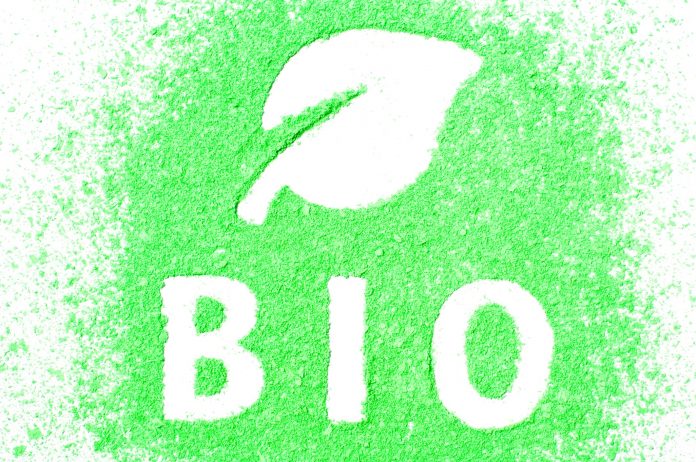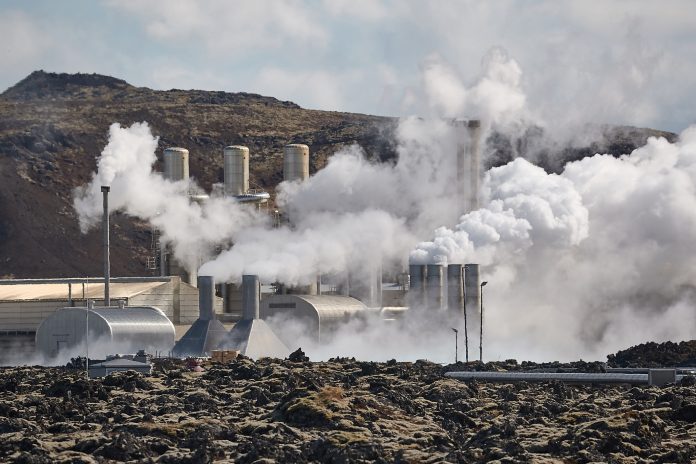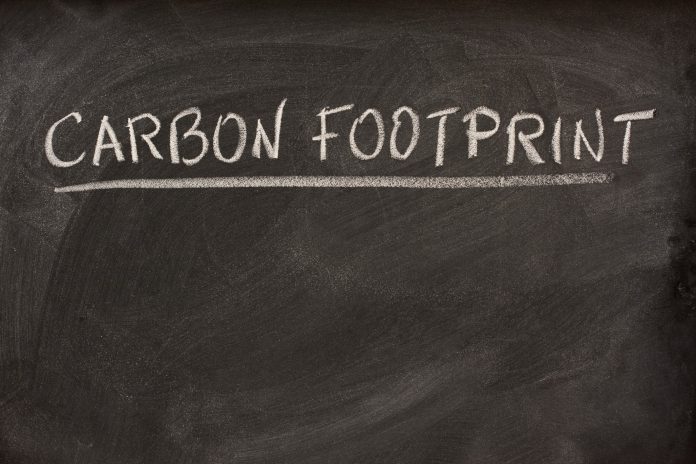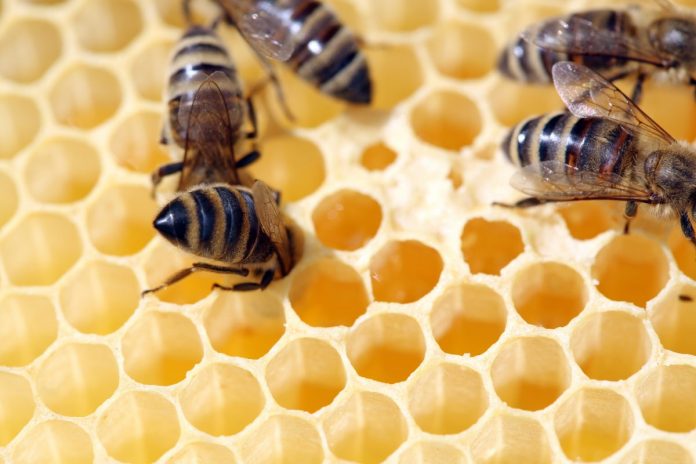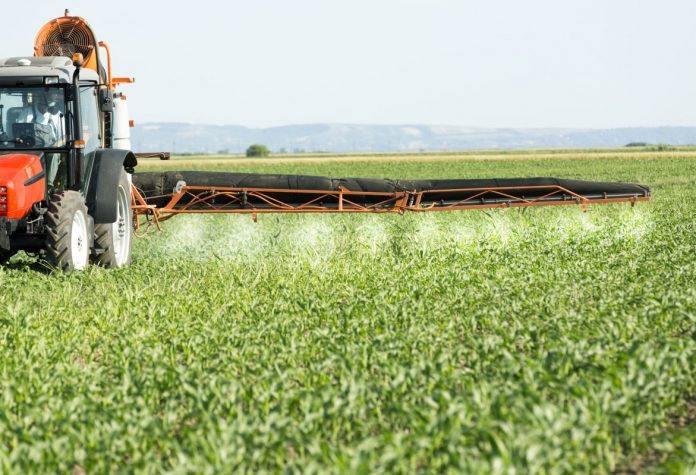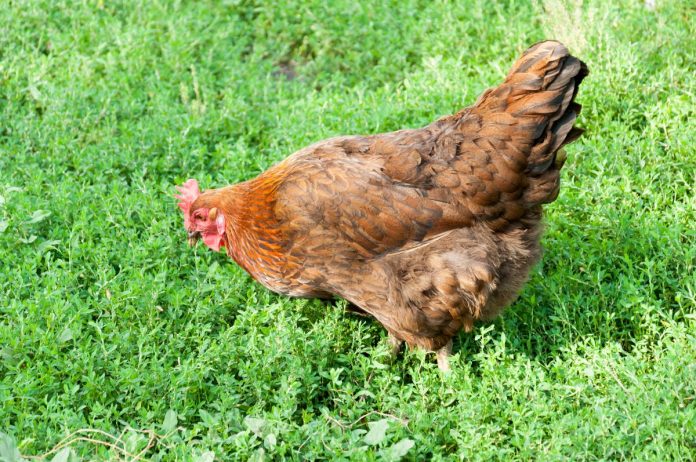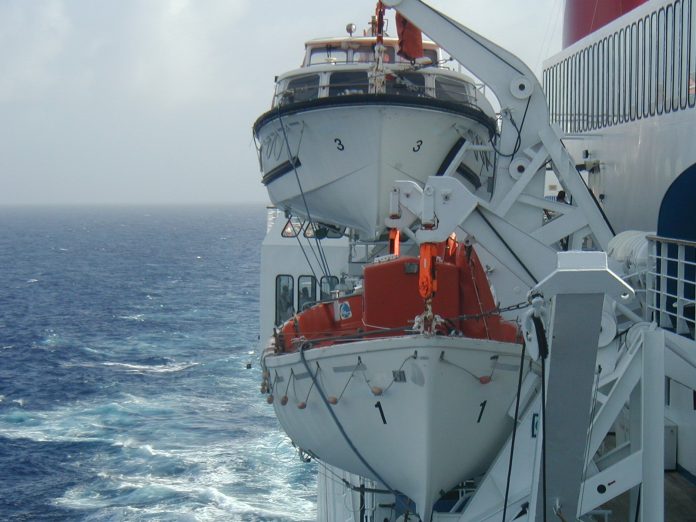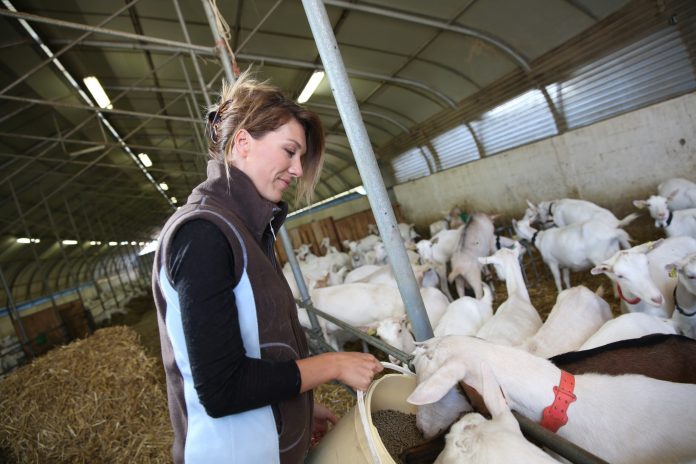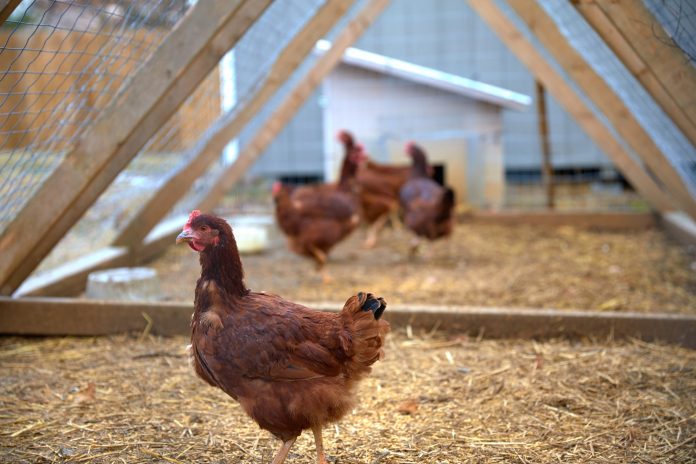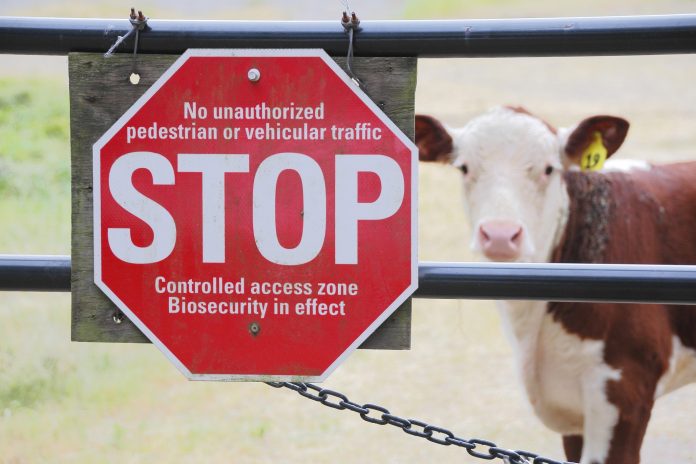Home Search
food - search results
If you're not happy with the results, please do another search
Agriculture and biodiversity –the importance of sustainable productivity
Gavin Whitmore, Biodiversity Manager at European Crop Protection Association (ECPA) sheds light on the global challenges that face the agriculture sector.
Farmers and an impressive array of agri food-chain actors provide us with a plentiful supply of safe, healthy and affordable food. European consumers, who are accustomed to this ready...
Innovative Bioproducts
Viscofan BioEngineering combines natural sciences and engineering to provide innovative bioproducts as new solutions for cell biology, tissue engineering and regenerative medicine. Viscofan BioEngineering is a business unit within the food industry Viscofan (MCE:VIS) which has its headquarters in Spain and an annual turnover of €800M. Our main operations...
Carbon, Capture, Conversion and Neutralisation (C3N)
According to the recent Fifth Assessment Synthesis Report presented in Copenhagen by the Intergovernmental Panel on Climate Change (IPPCC), to face the irreversible effects of climate change, greenhouse gas emissions (CO2) need to fall by as much as 70% around the world by 2050 and to zero by 2100.
Implementing...
Nanobiotechnology for Diagnostics Nb4D Group
The Nanobiotechnology for Diagnostics (Nb4D) Group belongs to the Institute of Advanced Chemistry of Catalonia (IQAC), one of the institutes of the State Agency CSIC (Consejo Superior de Investigaciones Científicas), and to the Biomedical Research Centre Network of Bioengineering, Biomaterials and Nanomedicine (CIBERBBN).
The group is led by Prof. M.-Pilar...
Silica and scaling problems in geothermal power plants
A possible profitable solution - Geothermal systems in Iceland
Iceland is a volcanic island straddling the Mid-Atlantic-Ridge, a mid-ocean ridge where two major tectonic plates pull apart from each other. It is also sitting directly over a mantle plume – a localised upwelling of hot magma from the mantle. This unique...
Managing the carbon footprint
David Fatscher Head of Market Development for Sustainability at BSI explains how a new standard for measuring greenhouse gas emissions at the city level, is helping London manage its carbon footprint.
With an estimated 50% of the planet’s population becoming urban citizens by 2030, making cities more sustainable has become...
The first bio-bus in the UK goes into service
The first UK bus powered by human and food waste has gone into service between the cities of Bristol and Bath.
The UK's first bus to run on biomethane gas has been launched. The 40-seat “Bio-Bus” can travel up to 300km (186 miles) on one tank of gas. This takes...
Plant-based diet could reduce greenhouse gases
New research has revealed that diets high in sugar, fats, oils, and meat will increase greenhouse gas emissions by 80 per cent by 2050.
Scientists from the University of Minnesota have published research in the journal Nature that suggests the impact of climate change can be reduced by eating less...
New strategy launched to support bees
Environment Secretary Elizabeth Truss has announced the launch of the National Pollinator Strategy, aimed at supporting bees and other pollinators.
National Rail, the Highways Agency, and the National Trust have all signed up to the National Pollinator Strategy. Organisations will plant bee-friendly wild flowers on their sites and will allow...
Ban on pesticide could cost farmers £1.6bn
If a EU pesticide ban comes into force, the value of British food production could fall by £1.6bn and cost 44,000 jobs in the agriculture supply chain, according to a new report...
A report by farm business consultants Andersons has revealed that the value of British food could be affected...
Environmental challenges in the Polar Regions
Dr Jan-Gunnar Winther, Director of the Norwegian Polar Institute gives an overview of the environmental challenges facing the Polar Regions.
Scientific information from the Polar Regions boosts our knowledge of the environmental issues facing the world and is vital in order to grasp the challenges facing us, be it climate...
Eradicating cardiovascular diseases for good
Professor Joep Perk of Linnaeus University, and a member of the European Society of Cardiology, speaks to Editor Laura Evans about the importance of reducing cardiovascular diseases in Europe and how this can be achieved.
In Europe, cardiovascular diseases cause over 4 million deaths and over 1.9 million deaths in the European...
DARD sheds light on poultry disease control
The Department of Agriculture and Rural Development (DARD) in Northern Ireland sheds light on how government and the poultry industry are working together to help reduce epizootic diseases.
Poultry diseases greatly reduce the efficiency of food production, both in developed and Third World countries. Governments regulate certain diseases where it is in...
The importance of maritime safety throughout Europe
Markku Mylly, Executive Director at the European Maritime Safety Agency (EMSA) details how they work with the European Commission to maintain safety and implement EU legislation.
For Europe, maritime transport has been a catalyst of economic development and prosperity throughout its history. Maritime transport enables trade and contacts between all the...
Skaginn – Icelandic pioneers in Super Chilling
Driven by the ingenuity and innovational vision of its co-founder and now pioneer CEO, Skaginn's Super Chilling solutions offer a range of benefits. Through highly automated features, Super Chilling increases yield, preserves quality, adds to product value and can double shelf life. The efficient processing – now with a...
Forest engineering, the backbone of timber and fiber supply
Forests and some of the services they provide have been prominently on the international agenda, gaining considerable public attention: conservation, biodiversity, carbon storage, recreation or wilderness are the most notable issues thereof. Although those services only came on the public agenda from the 1960s, they have dominated the set...
Added value to animal nutrition
The need for the world’s food products from animal origin, like meat, milk or eggs, will continue to grow in the coming decades. The main reasons are population growth and an increase in the numbers of people who can afford valuable food, like the fast growing middle-classes in China...
A Bio-secure future for poultry farms
Biosecurity is an integral part of poultry farming to ensure a high level of health and welfare is achieved, here the European Rural Poultry Association (ERPA) explains why.
European Rural Poultry Association (ERPA) was created in May 2007 to defend, support and develop the production of rural poultry in the European...
A biosecurity and disease control partnership
The Department of Agriculture and Rural Development (DARD) in Northern Ireland sheds light on how government and the poultry industry are working together to help reduce epizootic diseases.
Poultry diseases greatly reduce the efficiency of food production, both in developed and Third World countries. Governments regulate certain diseases where it is in...
A Warning to the World
Dr Jan-Gunnar Winther, Director of the Norwegian Polar Institute gives an overview of the environmental challenges facing the Polar Regions.
Scientific information from the Polar Regions boosts our knowledge of the environmental issues facing the world and is vital in order to grasp the challenges facing us, be it climate...


